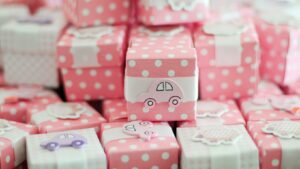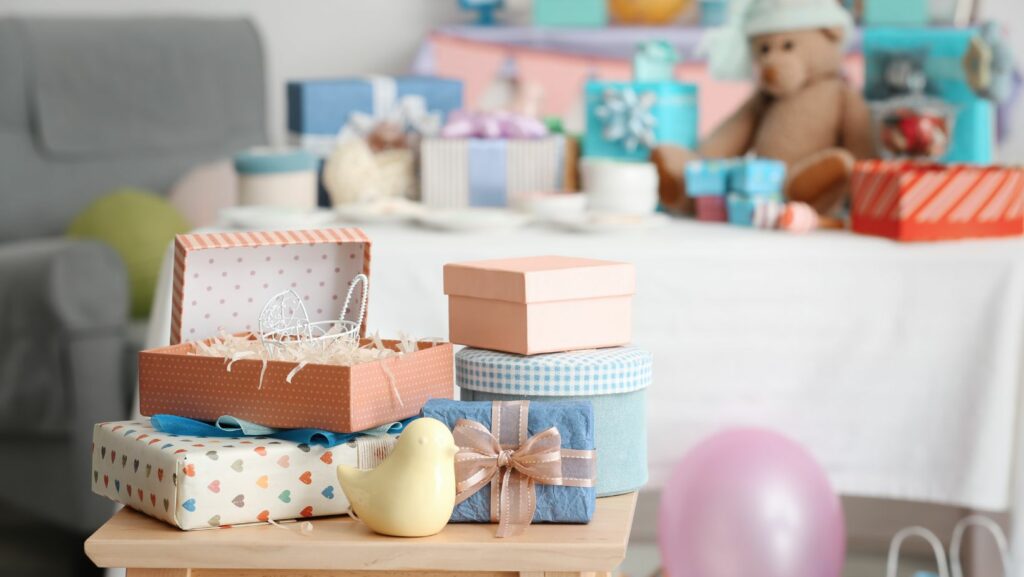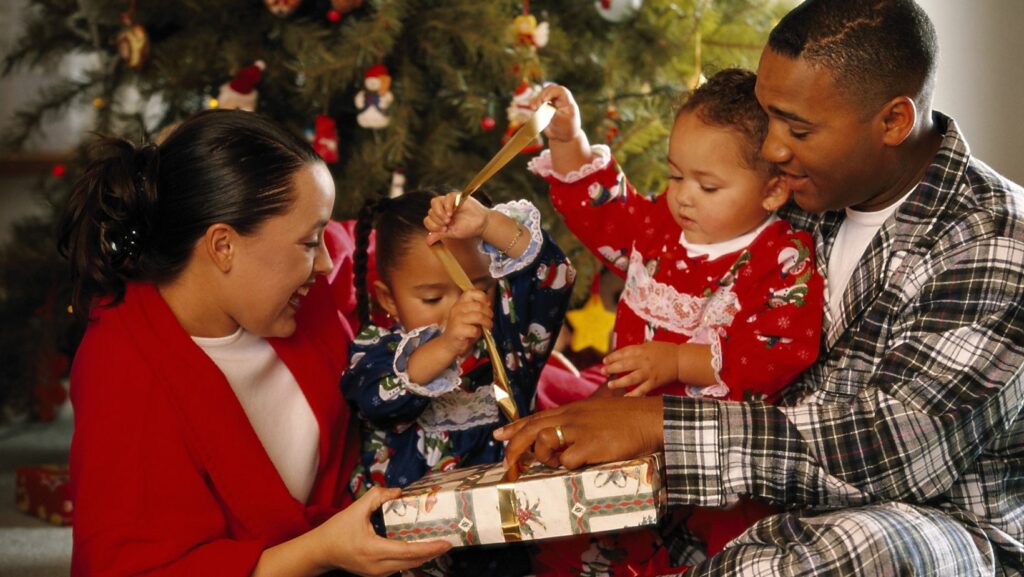In the bustling world of baby gifts, there’s a rising star that’s catching everyone’s attention – sustainable baby gifts. They’re not just adorable and practical, they’re also kind to our planet. As more parents become conscious about the environmental impact of their choices, these eco-friendly options are quickly gaining popularity.
From organic cotton onesies to wooden toys and biodegradable diapers, sustainable baby gifts are all about reducing waste and promoting a healthier future for our little ones. They’re the perfect way to celebrate a new arrival while also showing love for Mother Earth. So, let’s delve into the world of sustainable baby gifts and discover why they’re the perfect choice for the eco-conscious parent.
Sustainable Baby Gifts
 Sustainable baby gifts serve as a responsible choice for the planet and let parents instill eco-friendly values right from the start of their child’s life. Delving into why sustainability matters and the long-term benefits can accentuate the importance of these baby goods.
Sustainable baby gifts serve as a responsible choice for the planet and let parents instill eco-friendly values right from the start of their child’s life. Delving into why sustainability matters and the long-term benefits can accentuate the importance of these baby goods.
Sustainability in baby products completes a two-fold mission – caring for infants and nurturing the environment. Organic materials, used in sustainable products, eliminate the risk of potential harmful chemicals found in non-organic counterparts. For example, think of a non-organic plastic teether that can have BPA versus an organic wooden teether free from such harmful constituents. These products also favor the planet. Biodegradable diapers, an instance of sustainable baby gifts, break down faster than traditional diapers, reducing waste in the environment.
Opting for sustainable baby gifts creates lasting benefits for both the child and the environment. Children reap health advantages, steering clear of synthetic materials possibly linked to allergenic reactions. It’s like opting for an organic cotton onesie instead of one made from chemically-loaded synthetic materials.
Popular Types of Sustainable Baby Gifts
 Let’s delve deeper and explore popular types of these eco-conscious solutions. These gifts not only bring joy, but also instill important values and leave minimal carbon footprints.
Let’s delve deeper and explore popular types of these eco-conscious solutions. These gifts not only bring joy, but also instill important values and leave minimal carbon footprints.
Heavily favored among these are organic baby clothing items–garments made from organic materials, notably cotton. Studies, such as the Textile Exchange’s Organic Cotton Market Report, reveal an increasing demand for organic cotton-based items. Reasons include them causing fewer allergies and skin irritations, compared to regular clothing. Examples of organic baby clothing products include soft onesies and cozy sleepers. Additionally, strong regulations in the organic sector ensure no harmful chemicals affect the sensitive baby skin.
Falling under the sustainable baby gifts umbrella, eco-friendly toys have firmly cemented themselves. These toys, not made from plastic, reduce environmental pollution. Instead, they are crafted from materials like wood, bamboo, or recycled materials. For instance, wooden blocks or bamboo rattles provide fun, educational experiences while safeguarding our planet.
Criteria for Selecting Sustainable Baby Gifts
 Choosing sustainable baby gifts requires mindful decisions. The criteria to consider involve materials, life span, reusability, and conformity to standards of sustainability. Firstly, the material composition of the gift plays a pivotal role in its sustainability. It’s more environmentally friendly to opt for products made from organic, renewable, or recycled materials. For instance, toys made from organic wood, or clothes sewn from organic cotton, ensure the product is free of harmful chemicals, kind to a baby’s sensitive skin, and eco-friendly. Similarly, a baby gift made from recycled, or reclaimed materials like rPET (recycled polyethylene terephthalate), can reduce waste, minimize the consumption of new raw materials, decrease energy usage, reduce air pollution, cut water pollution, and even lower greenhouse gas emissions.
Choosing sustainable baby gifts requires mindful decisions. The criteria to consider involve materials, life span, reusability, and conformity to standards of sustainability. Firstly, the material composition of the gift plays a pivotal role in its sustainability. It’s more environmentally friendly to opt for products made from organic, renewable, or recycled materials. For instance, toys made from organic wood, or clothes sewn from organic cotton, ensure the product is free of harmful chemicals, kind to a baby’s sensitive skin, and eco-friendly. Similarly, a baby gift made from recycled, or reclaimed materials like rPET (recycled polyethylene terephthalate), can reduce waste, minimize the consumption of new raw materials, decrease energy usage, reduce air pollution, cut water pollution, and even lower greenhouse gas emissions.
Product Lifespan and Reusability
Secondly, the life span and reusability of a product directly correlate to its sustainability. Durable, transformable, and reusable items prolong the product life cycle, ultimately reducing the overall environmental footprint. A classic example encompasses cloth diapers, which reduce landfill waste and can be reused multiple times. Baby products designed for longevity and reusability, like convertible car seats or transformable furniture, also exemplify solid sustainable choices — such items can adapt to meet a child’s growing needs, offering longer utility and decreasing unnecessary consumerism.



